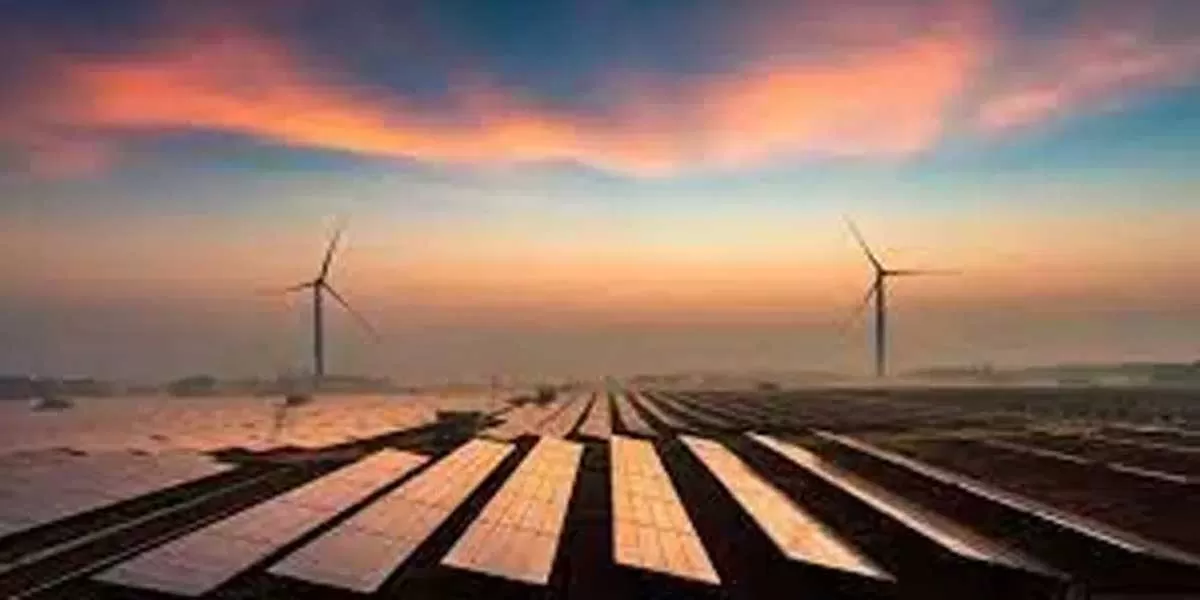

Covestro India Donates Rs 4.3 Mn for Cuddalore Sustainability
Covestro (India) has handed over Rs 4.3 million to the Cuddalore District Administration to support two community development initiatives focused on water conservation and solid waste management. The contribution aims to address key environmental and sanitation challenges in the district while strengthening local infrastructure.The handover took place at the District Collector’s Office on February 4, 2026, where Jeganathan Kanmani, Site Head, Covestro (India) Cuddalore, presented a demand draft to the District Collector. The funding includes Rs 2.3 million for the desilting of irrigation tan..

Prozo Launches 1.5 Lakh sq ft Multi-client Fulfilment Hub in Haryana
Prozo, India’s fast-growing full-stack supply chain company, has launched a 1.5 lakh sq ft enterprise-grade multi-client fulfilment facility at Horizon Industrial Parks in Gurugram, Haryana. The newly inaugurated hub is Prozo’s largest multi-client warehouse in the country and marks its sixth such facility in Haryana and eleventh across North India, further strengthening its expanding network of over 50 fulfilment centres covering nearly 3 million sq ft.Designed as a model warehouse for North India, the facility combines high-spec infrastructure with Prozo’s proprietary technology stack ..

Schaeffler Highlights Future-ready Aftermarket Solutions at ACMA 2026
Schaeffler India, a leading motion technology company, is participating in ACMA Automechanika 2026 in New Delhi, where it is showcasing a comprehensive and future-ready aftermarket portfolio designed to support the complete vehicle lifecycle. The company’s offerings cater to a wide spectrum of mobility segments, including two-wheelers, passenger vehicles with internal combustion engines (ICE), commercial vehicles, tractors, hybrids and electric vehicles (EVs).A key highlight of Schaeffler India’s presence at the event is the launch of a dedicated range of two-wheeler spare parts for the In..

















